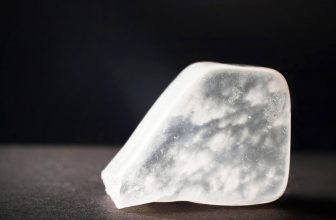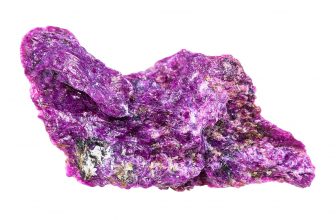Exploring Minerals with a Mohs Rating of 1
 Have you ever wondered what the softest minerals in the world are? Let’s dive into the fascinating world of minerals with a Mohs hardness rating of 1.
Have you ever wondered what the softest minerals in the world are? Let’s dive into the fascinating world of minerals with a Mohs hardness rating of 1.
What is Mohs Hardness Scale?
The Mohs Hardness Scale, introduced by German mineralogist Friedrich Mohs in 1812, is a tool used to measure the scratch resistance of various minerals. The scale ranges from 1 to 10, with talc being the softest and diamond the hardest. We’ll focus on the gentle giants of the mineral world, those with a rating of 1.
Talc: The Softest of Them All
At the very bottom of the Mohs scale, we have talc, the softest mineral known. Talc can be easily scratched with a fingernail, making it incredibly soft and smooth. It’s the key ingredient in talcum powder, which many of us use daily. Talc’s silky texture is not just for baby powder; it also finds its way into cosmetics, ceramics, and even in food processing.
Pyrophyllite: Soft and Versatile
Another mineral with a Mohs hardness of 1 is pyrophyllite. Though not as famous as talc, pyrophyllite is used in a variety of industrial applications. It’s known for its ability to withstand high temperatures, making it ideal for refractory materials and kiln linings. Additionally, artists love pyrophyllite for carving intricate sculptures due to its softness and ease of work.
Graphite: More Than Just Pencil Lead
Graphite, another mineral with a hardness of 1, is widely recognized as the “lead” in pencils. However, its uses extend far beyond the classroom. Graphite is crucial in the production of batteries, lubricants, and even in nuclear reactors as a moderator. Its ability to conduct electricity while remaining soft and slippery makes it a unique and valuable mineral.
Why Does It Matter?
Understanding the hardness of minerals is not just academic; it has practical implications in everyday life and various industries. Whether you’re a geologist identifying minerals in the field or an artist seeking the perfect material for your next masterpiece, knowing about these soft minerals can make a significant difference.





















